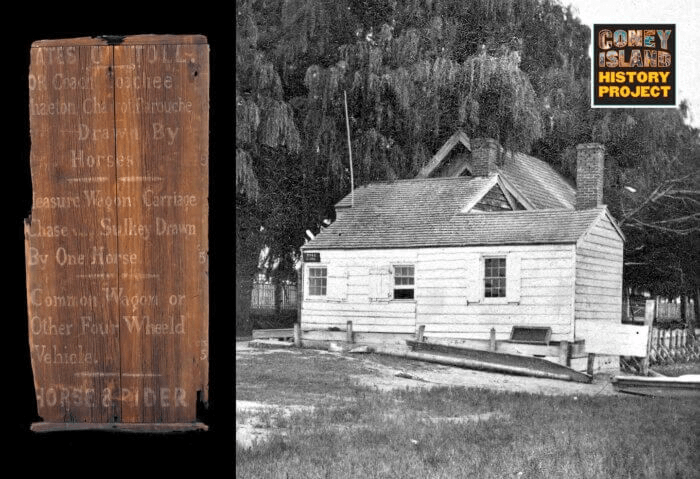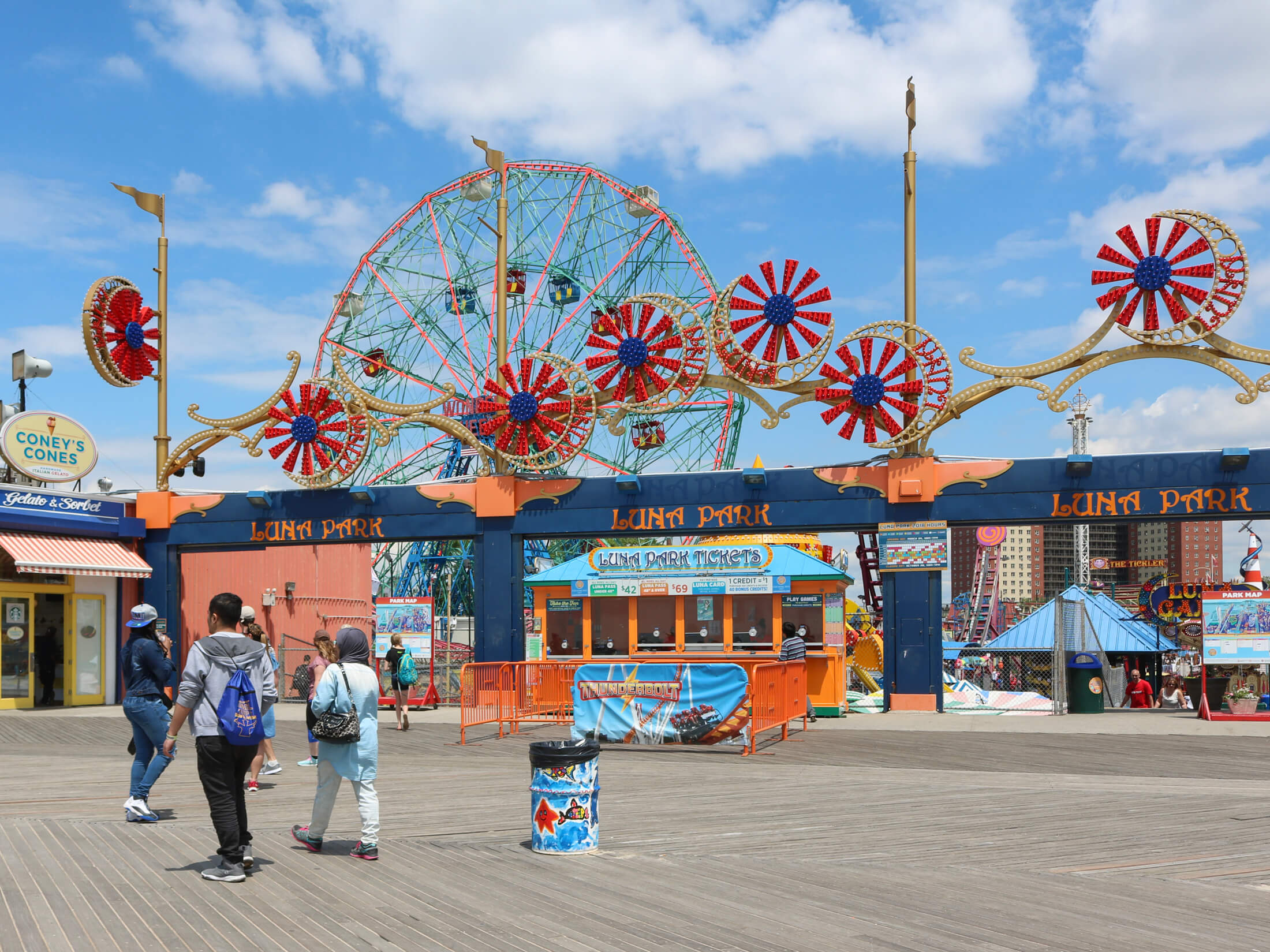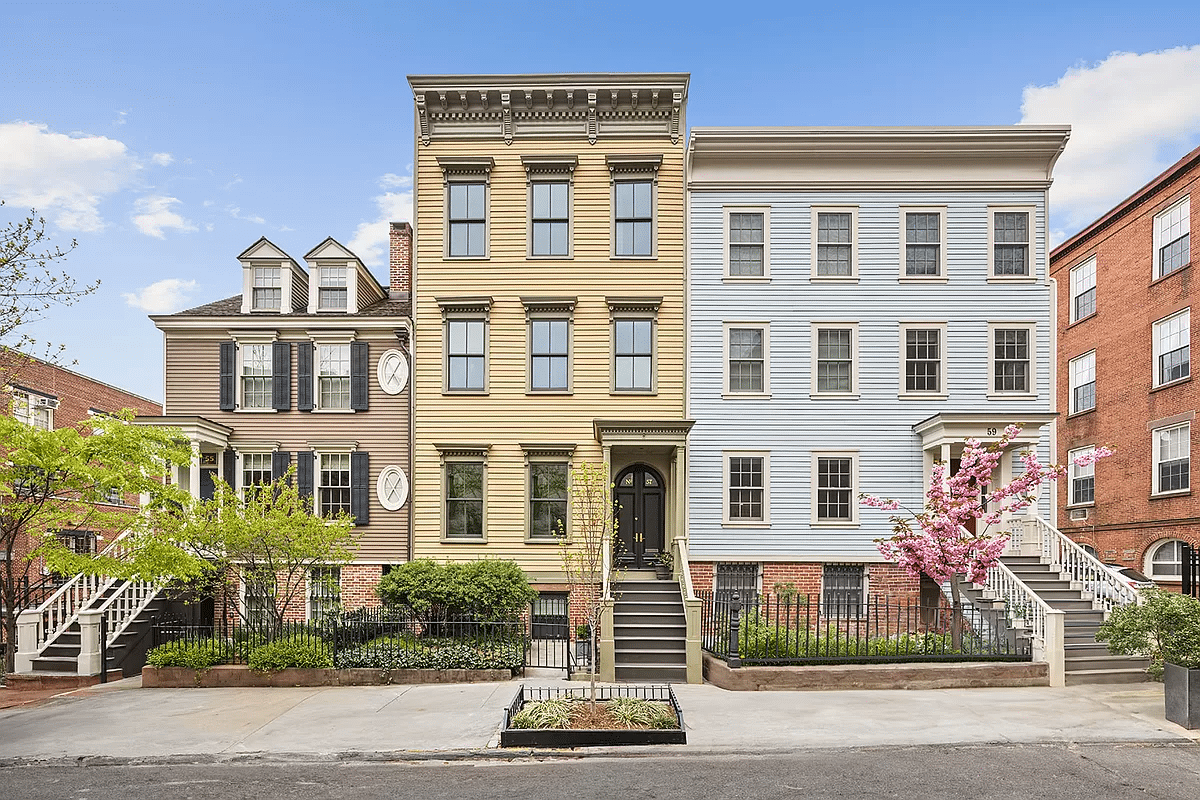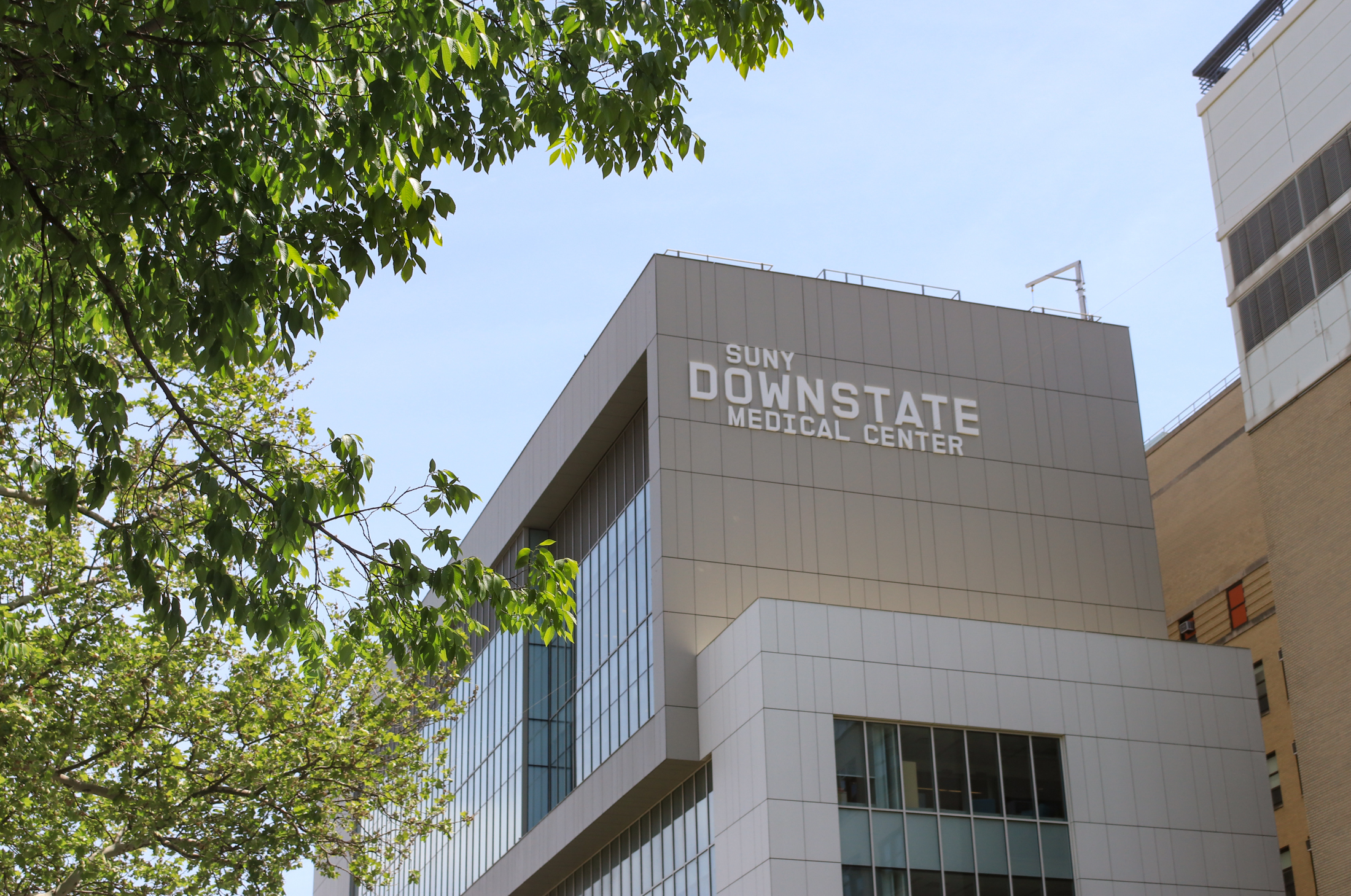Now Restored, a Historic Toll Sign Goes Back on Display in Celebration of Coney Island History
A Coney Island history organization celebrated the peninsula’s 200th anniversary and honored the area’s oldest surviving relic, the original toll house sign.

A historic toll sign once hung on the toll house on Shell Road, pictured here in a stereo card from circa 1865-1919. Photo via New York Public Library
By Jada Camille, Brooklyn Paper
A Coney Island history organization celebrated the peninsula’s 200th anniversary and honored the area’s oldest surviving relic, the original toll house sign, on October 28.
The antique sign was put up in 1823, when a bridge and toll house were built at Coney Island Creek and Shell Road — officially opening the area to the public for the first time. Posted on the side of the toll house, the well-worn sign advertised fees to enter the island for as little as 5 cents for a horse and rider and up to 50 cents for a coach-driven horse. It has survived the area’s 200-year-old history and serves as a reminder of Coney’s humble beginnings.
On October 28, the Coney Island History Project put the restored sign on display for the first time in years.

In a film created by Charles Denson, director of CIHP, Denson shared that until 1823, public access to Coney Island didn’t exist. Instead the area started as a “common land” shared amongst property owners. In March of 1823, the Coney Island Road and Bridge Company was created to increase access to the island. Shell Road was extended one mile though former salt marsh to the newly created bridge.
The opening was announced later that fall in a short article calling Coney the “finest and most regular beach” in the city.
The toll sign was originally posted on the toll house at the entrance of the island, but in 1928 it was removed by former ride manufacturer, William Mangels Jr., and put on display in an amusement museum on West 8th Street.
“The sign’s importance is symbolic,” Denson said in a statement. “It represents the endurance, continuity, and resiliency of Coney Island. It is the only object that was there at the beginning, the only link to the origins of the World’s Playground.”
As time continued, the sign passed through many hands until 2003, when it was eventually rediscovered and restored by Carol Albert, co-founder of the Coney Island History Project.
According to Denson, the sign showed clear signs of age so Albert arranged for a professional and intricate restoration.
“The fragile sign was in a deteriorated state and needed professional restoration before returning to Coney Island. The wood was severely rotted, crumbling, and insect damaged. The sign was in such poor condition that it could not be safely handled or displayed,” Denson said.
After being properly brought back to life, the sign was proudly displayed at the CIHP exhibit on West 12th Street, just a few blocks from where it was originally posted.

Since its opening over 200 years ago, Coney Island has become one of New York City’s best-known attractions, with the famous Riegelmann Boardwalk, which turned 100 this year, minor league baseball at Maimonides Park, and two amusement parks — Deno’s Wonder Wheel and Luna Park, home to the longest-standing roller coaster, The Cyclone.
The nabe also features year-round festivals like the annual Mermaid Parade, which invites locals to dress in their sea creature-esque couture, a bone-chilling Polar Plunge in the Atlantic Ocean every New Year’s Day, and a host of sideshow circus performances. Coney has also captured the imaginations of dozens of writers and creatives, and has been featured in dozens of books, movies, and even songs.
Outside of the CIHP, the neighborhood’s legacy is kept alive with the help of Coney Island USA, an arts program and The Alliance For Coney Island, a business advocacy group.
Editor’s note: A version of this story originally ran in Brooklyn Paper. Click here to see the original story.
Related Stories
- Coney Island on My Mind: A Brief History of Brooklyn’s Waterfront Playground
- Get Ready for Another Season at Coney Island With Some Vintage Images of Brooklyn’s Playground
- Veteran-Run Cyclone Bagels to Open in Coney Island Next Year
Email tips@brownstoner.com with further comments, questions or tips. Follow Brownstoner on Twitter and Instagram, and like us on Facebook.








What's Your Take? Leave a Comment